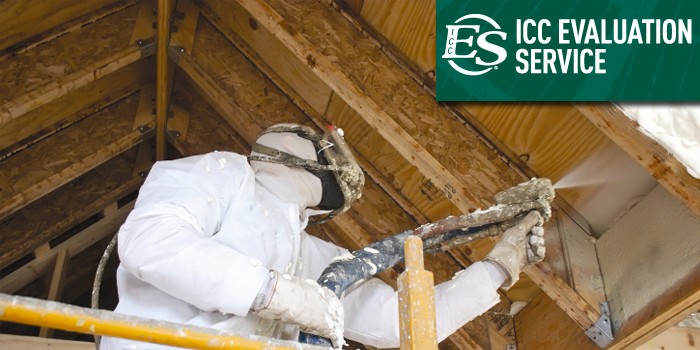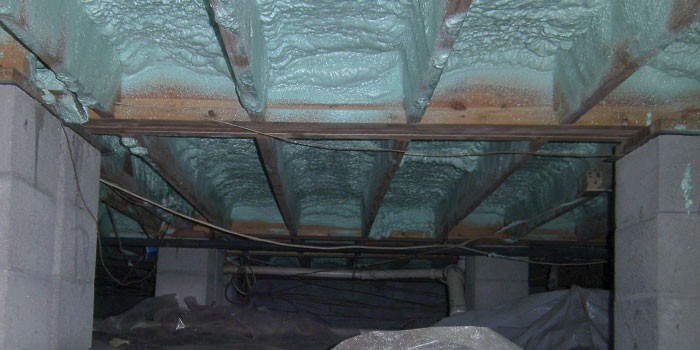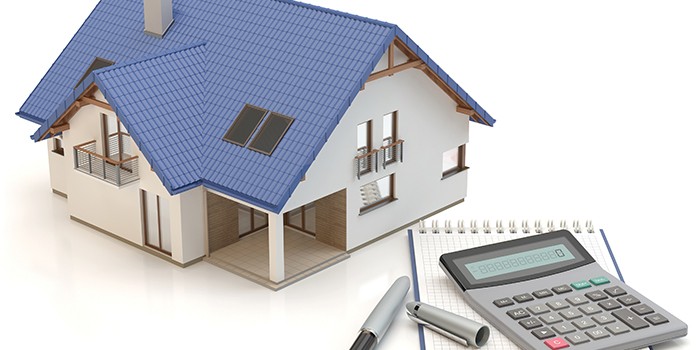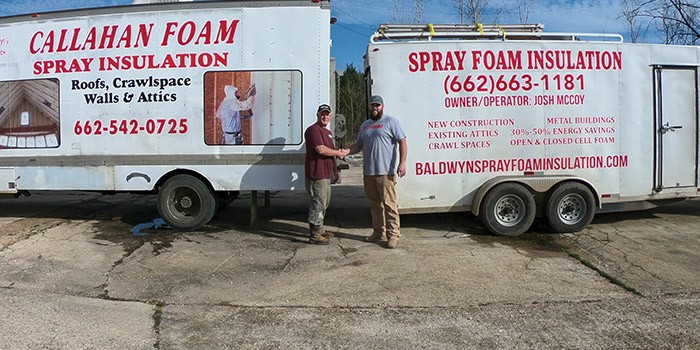
ICC, RESNET Collaborate to Publish Energy Standards
WASHINGTON,D.C. and OCEANSIDE, CA – June 27, 2016 –The International Code Council (ICC) and Residential Energy Services Network (RESNET) have collaborated to publish two American National Standards Institute (ANSI)-approved standards: ANSI/RESNET/ICC 301-2014, Standard for the Calculation and Labeling of the Energy Performance of Low-Rise Residential Buildings using an Energy Rating Index, and ANSI/RESNET/ICC 380-2016, Standard for Testing Airtightness of Building Enclosures, Airtightness of Heating and Cooling Air Distribution Systems, and Airflow of Mechanical Ventilation Systems.
Standard 301 will assist code officials, energy inspectors, and builders by providing guidance in the application of the Energy Rating Index (ERI) Compliance Alternative contained in Section R 406 of the 2015 International Energy Conservation Code (IECC). Standard 380 provides consistent test procedures that can be used as building diagnostics, in quality assurance and control, for determining compliance with codes and standards, and to determine input to energy simulations and ratings.
“The addition of the ERI Compliance Alternative in the 2015 IECC provides greater flexibility for builders in meeting code requirements,” said Mark Johnson, ICC executive vice president and director of business development. “The ANSI/RESNET/ICC 301-2014 provides the guidance needed for consistent application when using the ERI Compliance approach.”
RELATED ICC-ES Issues Several New Building Product Listings to Manufacturers, IFTI Announces Publication of CCMC Evaluation Report #14036-R
“The publication of ANSI/RESNET/ICC 380-2016 represents the first time an American consensus standard has been developed that sets the standard for the conducting of air tightness and duct leakage tests,” said Steve Baden, RESNET executive director. “The 2009 IECC requires duct testing of new homes and the 2012 IECC requires duct testing. With the publication of the 380 standard, code officials have a tool that will allow them to be confident the required tests are conducted properly.”
In January 2015, ICC and RESNET began partnering on a variety of projects to benefit members of both associations, support adoption and usage of the IECC, and increase recognition of the Home Energy Rating System in the building safety community.
ANSI/RESNET/ICC 301-2014 and ANSI/RESNET/ICC 380-2016 are available for purchase in hardcopy or PDF download.
About ICC-ES: A nonprofit, limited liability company, ICC-ES is the United States’ leading evaluation service for innovative building materials, components and systems. ICC-ES Evaluation Reports (ESRs), Building Product Listings and PMG Listings provide evidence that products and systems meet requirements of codes and technical standards. The ICC-ES Environmental Programs issue VAR environmental reports that verify a product meets specific sustainability targets defined by today’s codes, standards, green rating systems and ICC-ES environmental criteria. The Environmental Programs now offer Environmental Product Declarations (EPDs), to meet global market demand for science-based, transparent, quality-assured information about a product’s environmental performance. ICC-ES is a member of the ICC Family of Companies. For more information on the ICC, visit www.iccsafe.org.
About RESNET: RESNET is responsible for the creation and maintenance of the RESNET Mortgage Industry National Home Energy Rating Standards (HERS). Home energy ratings can be used for new or existing homes. Rating an existing home allows the homeowner to receive a report listing options for upgrading the home's energy efficiency, which can be used to determine the most effective ways to upgrade the home's energy efficiency. A home energy rating of a new home allows buyers to compare the energy efficiency of homes they are considering for purchase. For more information on RESNET, visit www.resnet.us.












